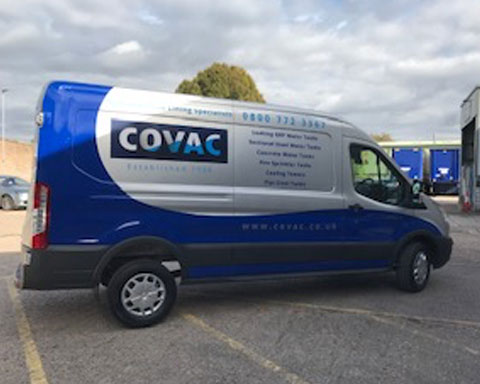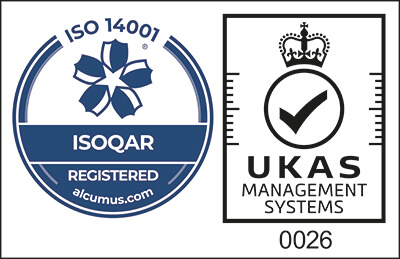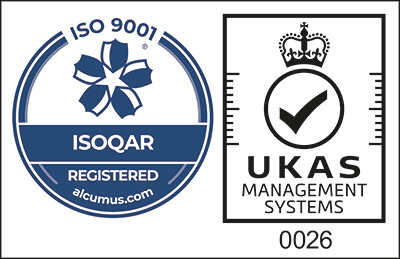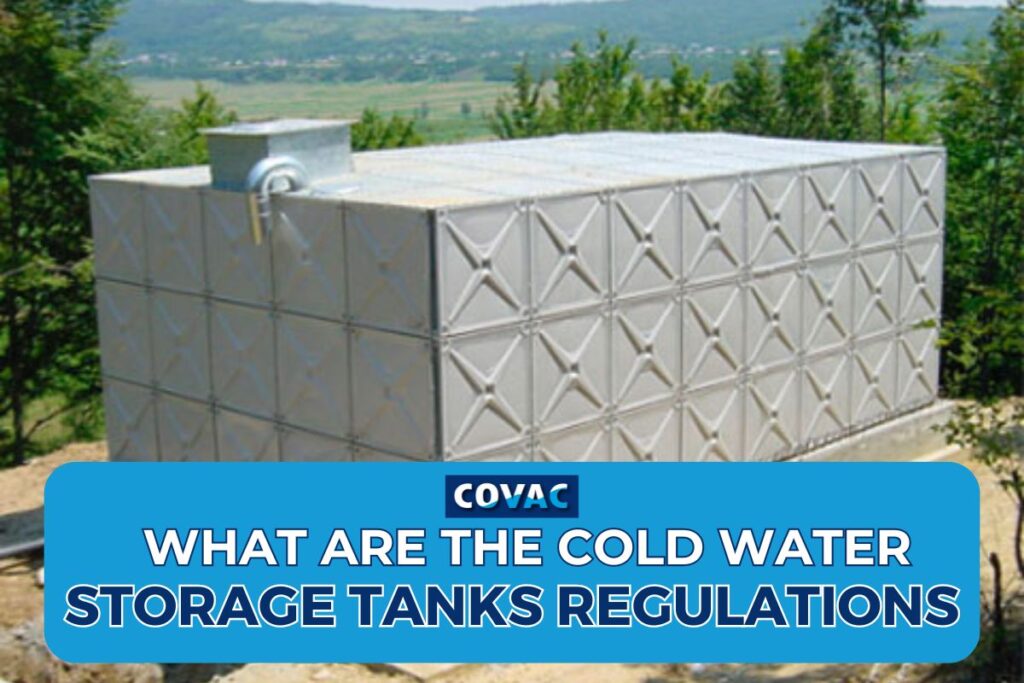
If you have a storage water tank, you need to make sure you follow the cold water tanks regulations. You’re required to regularly inspect and maintain your cold water tanks to keep them in a condition suitable for operation.
Here is everything you need to know about cold water storage tanks regulations and the dangers of not following them.
What are the Risks if You Don’t Follow the Water Tank Regulations?
The biggest risk that comes with not following the outlined water tank regulations is the growth of algae and bacteria, particularly Legionella. Those can pose a danger to the usability and safety of your water supply, causing illnesses.
What is Legionella?
Legionella is a bacteria which grows in natural and artificial water sources. When the water conditions allow it to grow and spread, it can become dangerous to your water supply and people who consume the water.
This bacteria causes a variety of lung infections, also known under the collective name Legionellosis. In the most severe cases, it can develop into Legionnaires’ disease – a form of pneumonia that can result in death if not treated in time.
How Does Legionella Spread in Cold Water Storage Tanks?
Some of the conditions that promote the growth of Legionella in storage tanks include:
- Water stagnancy – Legionella prefers stagnant water, which is why it is a particularly big danger in cold water storage tanks. To prevent this regular flushing of the whole water system and cleaning of the water tank is required.
- Sources of nutrients – Legionella uses other bacteria or sediments to feed on. Those can both be found in cold water tanks that haven’t been maintained properly.
- Water temperature – The perfect temperature for Legionella to spread sits between 20 to 45°C. This means your water tank is more prone to bacterial growth in the warmer months.
How to Follow the Cold Water Tank Regulations in the UK?
What are the temperature regulations for cold water tanks?
One of the most important steps to prevent the contamination of your cold water storage tank is water temperature control. Stored water in your cold water tank must always be kept at a temperature under 20°C.
You should check the water temperature monthly by running the cold taps for a couple minutes and measuring with a thermometer. You also have to inspect the temperature of the ball valve outlet of your tank at least twice a year.
How to Ensure Safe Water System Design?
Any cold water storage tanks and water systems have to meet the building regulations when installed. This includes ensuring the following:
- Supplying wholesome water to taps and sinks where food is prepared;
- Providing good quality water to flushing water cisterns;
- Preventing the undue consumption of poor-quality water.
Another important factor is preventing conditions that allow the growth of Legionella. All cold water tanks need to have a lid that prevents light from entering as well as insect screens to stop potential contamination.
In addition, pipework needs to be as direct as possible and be insulated. In systems with multiple tanks, they should all be linked between each other to prevent water stagnation and allow continual flow between them.
What can you do to Meet the Water Tank Regulations?
So what do you need to do to make sure your cold water storage tank is meeting all the necessary regulations? Cleaning your water tank regularly and repairing any leaks is probably the most essential step to take because it prevents the growth of bacteria in the first place. Here are some more details on how to meet water tank regulations:
Regular cleaning and maintenance
Draining and cleaning your cold water tank regularly is essential in ensuring water quality is maintained and any risk of Legionella is managed. At the very minimum you should clean and inspect your tank every few months. Installing a tank lining as well can help maintain the function of your tank for longer.
If your water tank has an existing lining, you should make sure it is in good condition when cleaning the tank. Repairing the tank lining when needed will extend the life of your water tank, prevent bacterial growth and save you money in the long run.
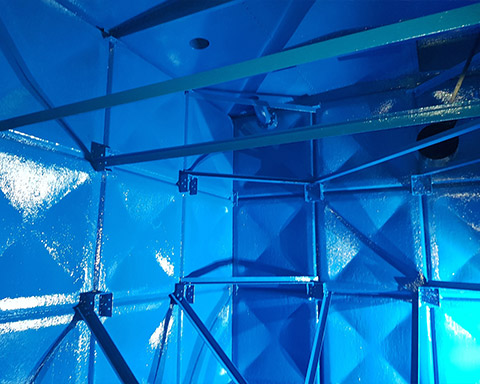
Water treatment
In cases where the risk of bacteria is rather high, water treatment may be necessary. This can include:
- Chlorine Dioxide;
- Ionisation;
- UV Radiation.
Risk Assessments
Regular Legionella risk assessments will help you make sure your water system meets the necessary regulations. It is also part of safeguarding your water system and a legal requirement under the Health and Safety at Work Act in 1974.
If you need more information on what a Legionella assessment entails, you can check out our article on the topic.
Do you Have to Comply With the Cold Water Storage Tank Regulations?
By law if you’re a property owner or resident, including personnel responsible for fitting plumbing systems, you must ensure that any work carried out on your storage tank adheres to the UK water regulations.
The installation of water tanks should be planned. You also need prior notice given from the consultants, architects, builders, developers and plumbers who have to follow the regulations on behalf of the owner.
In the UK suppliers need to adhere to the outlined government regulations when fitting water storage tanks. New and pre-existing water tank installations should also be inspected to insure standards are being met.
If an issue with the water quality is found that poses a potential health risk, water supply must immediately be disconnected.
How can COVAC Help You Meet the Cold Water Storage Tank Regulations?
Not following the regulations can lead to the growth of harmful bacteria in your water supply which can result in serious illnesses. At COVAC we help clients maintain their water storage tanks using high-performing tank lining systems.
With over 25 years of experience, we are proud to offer tank lining, relining and refurbishment services that help you meet the DWI and WRAS standards and prolong the lifespan of your tank.
Get in touch with our team to learn more about the services we provide or full out our contact form to request your quote.
